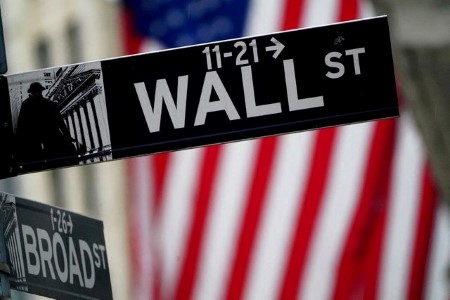




Policy Rate Updates: BSP outlook — cloudy with a chance of rate cut
 DOWNLOAD
DOWNLOAD

January Economic Update: Growth slows, prices rise
 DOWNLOAD
DOWNLOAD

Inflation Update: Up, up, and away?
 DOWNLOAD
DOWNLOAD


S&P 500 adds to mid-October rebound from bear market low

Oct 25 (Reuters) – The S&P 500’s over 1% surge on Tuesday adds to two weeks of strong gains as investors speculate that third-quarter earnings reports could help pull the market out of its downturn.
Apple (AAPL), Tesla (TSLA) and other tech-related stocks drove Wall Street higher, with Microsoft (MSFT) and Alphabet (GOOGL) each adding about 1% ahead of their quarterly reports after the bell as investors bet that a relatively strong start to third-quarter earnings season will continue.
With its latest rise, the S&P 500 is up about 8% from its closing low on Oct. 12, and a close at its current level would mark the index’s third largest gain from a low so far in 2022’s bear market. Tuesday’s gains put the S&P 500 about 10% above its intra-day low on Oct. 13.
Over 280 days have passed between the S&P 500’s record high and its most recent low. That compares to 33 days that the S&P 500 took in 2020 to fall from its record high close to its lowpoint as global markets reeled because of disruptions caused by the coronavirus pandemic.
This year’s selloff has dragged the S&P 500’s forward earnings valuation down from a historically high 21 to about 15, just below its 10-year average of 17, according to Refinitiv data.
Earnings expectations have also sunk this year, with analysts on average expecting S&P 500 companies to increase their adjusted earnings per share by 6.8% in 2022. That compares to an estimate of 9.5% in July.
Still, third-quarter earnings season so far has been better than expected, with nearly three quarters of the 129 companies in the S&P 500 exceeding earnings per share estimates, according to Refinitiv data.
Following this year’s rout, several sectors this month are showing signs of recovery.
With Amazon (AMZN), Microsoft, Tesla, Nvidia (NVDA) and other tech-related heavyweights still badly bruised in 2022, the S&P 500 growth index’s performance is far below the value index, which reflects smaller losses in sectors ranging from industrials to consumer staples.
(Reporting by Noel Randewich; editing by Grant McCool)
This article originally appeared on reuters.com





 By Reuters
By Reuters